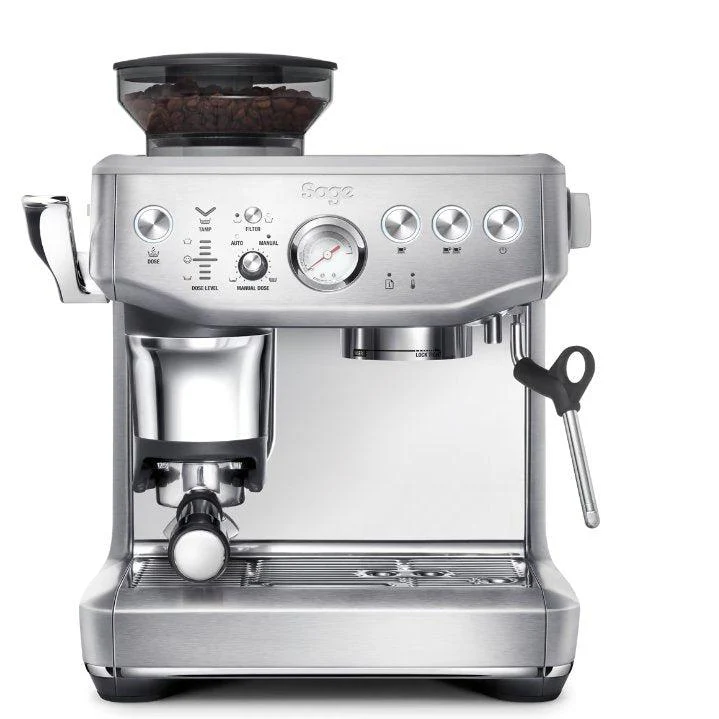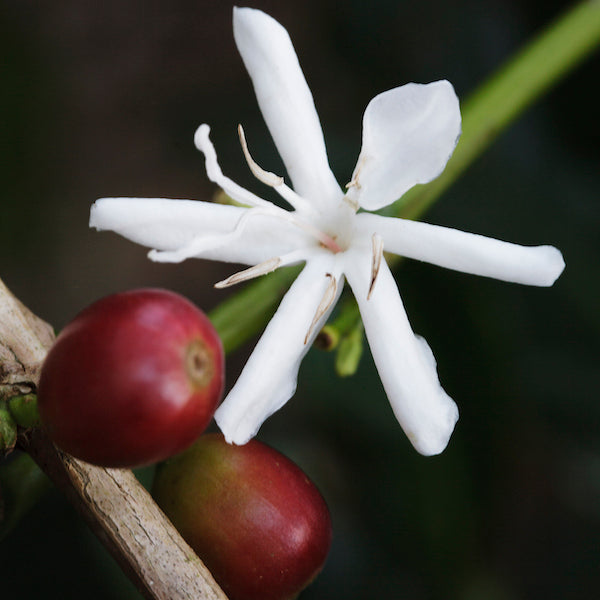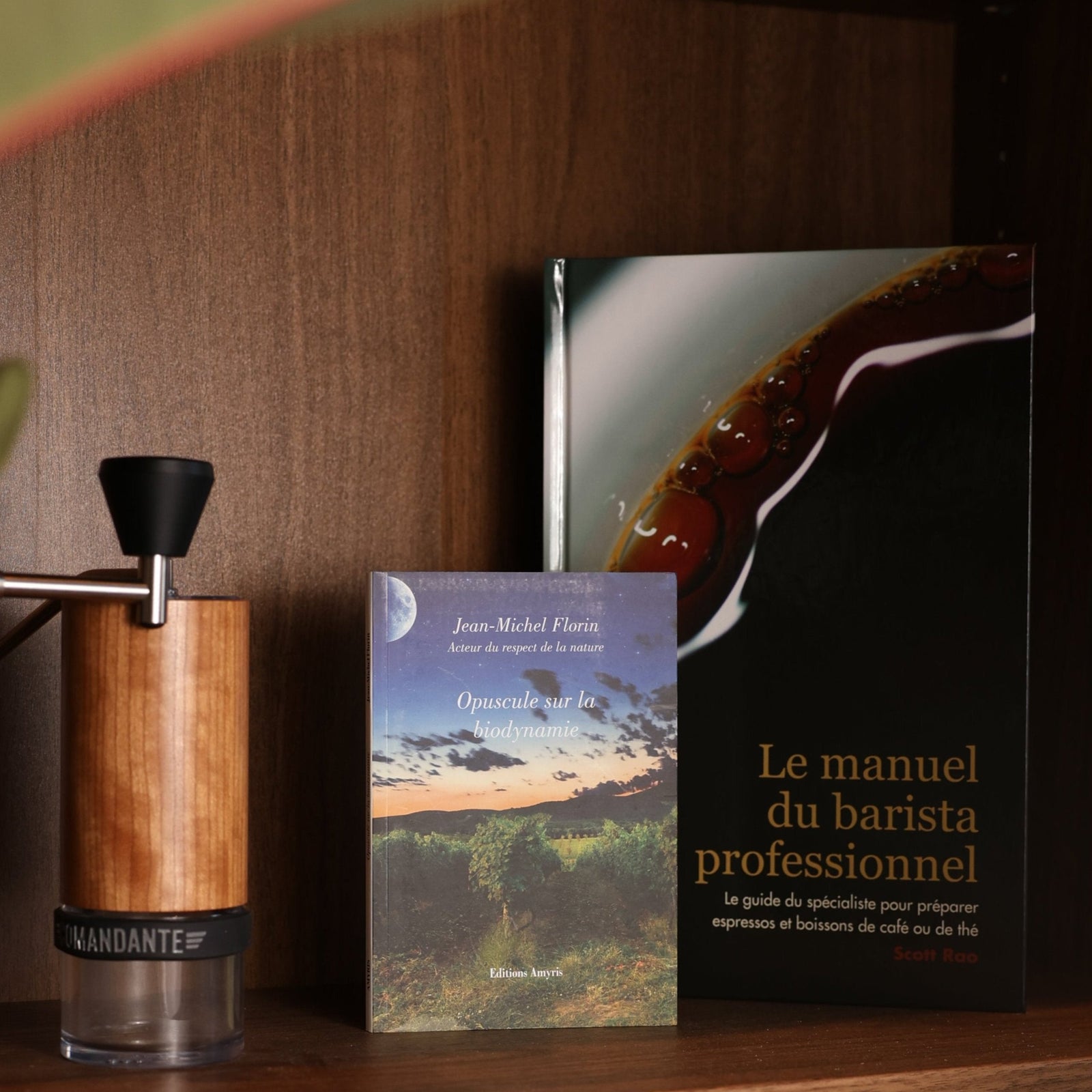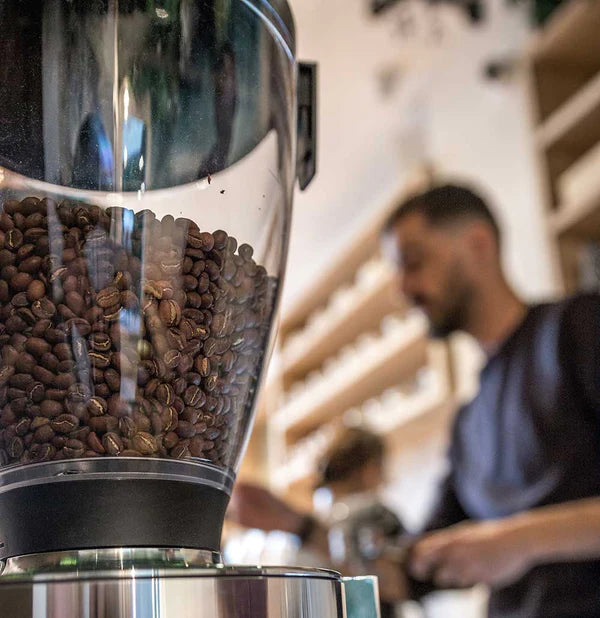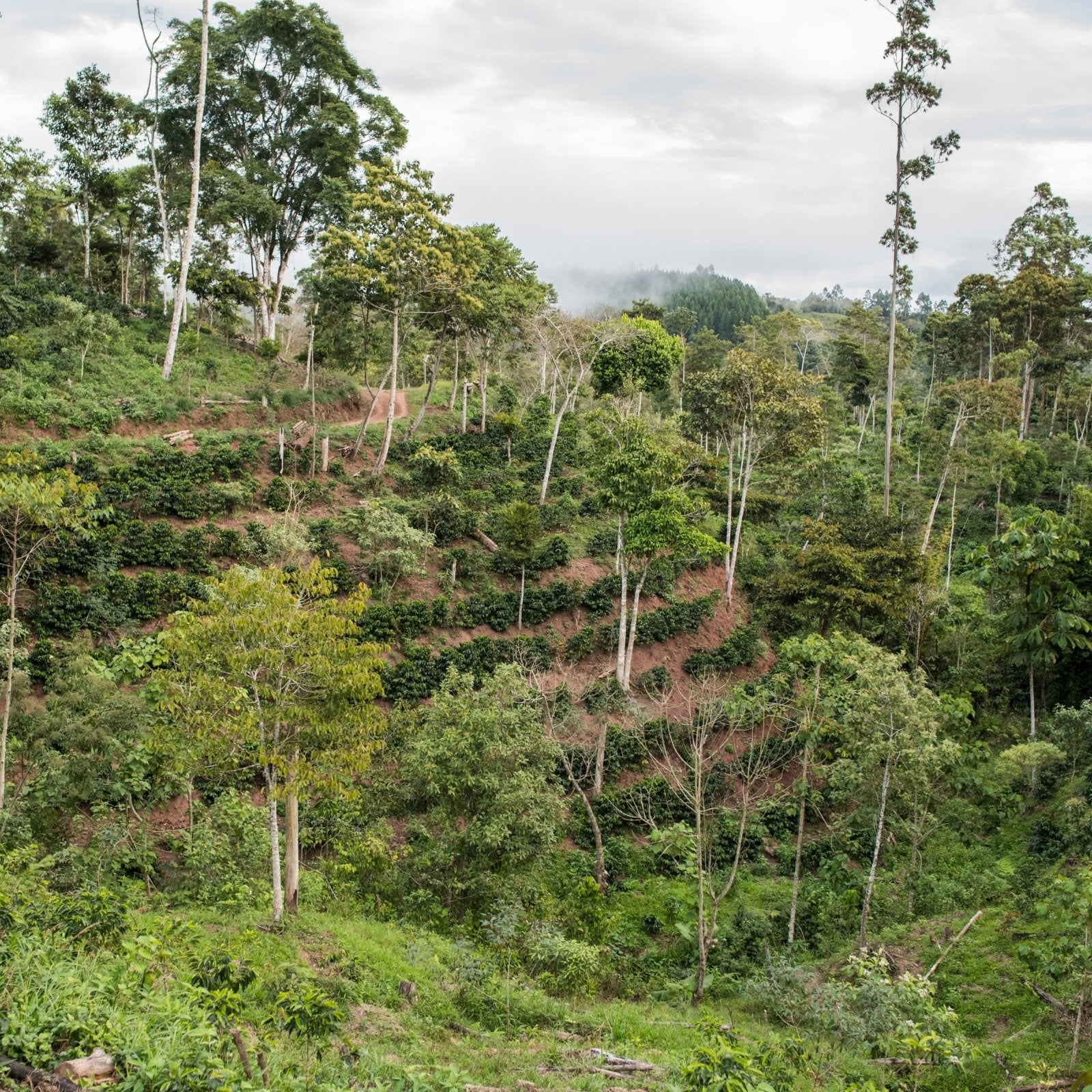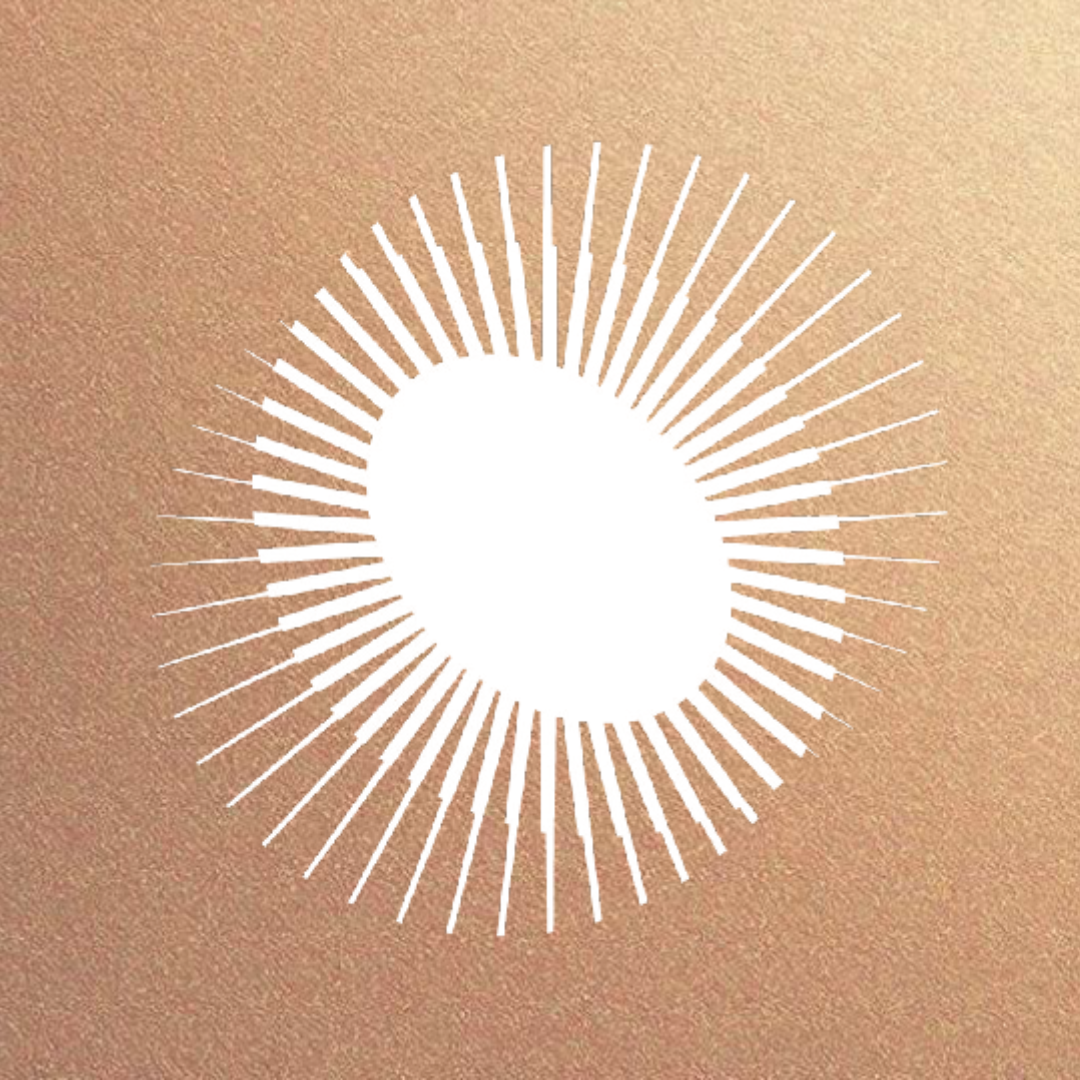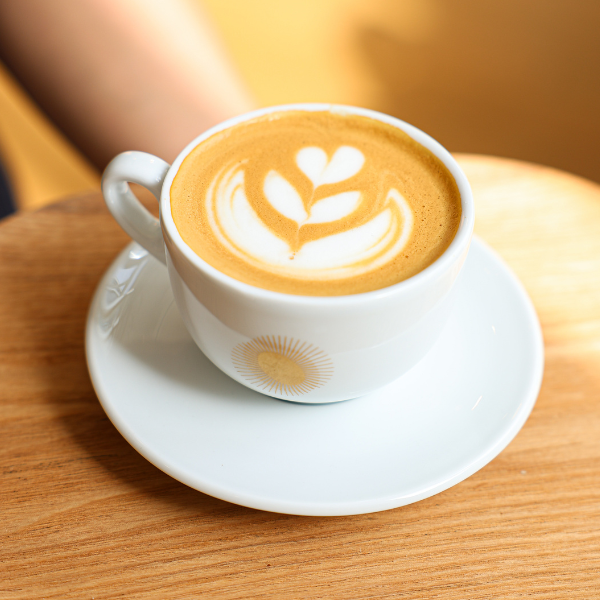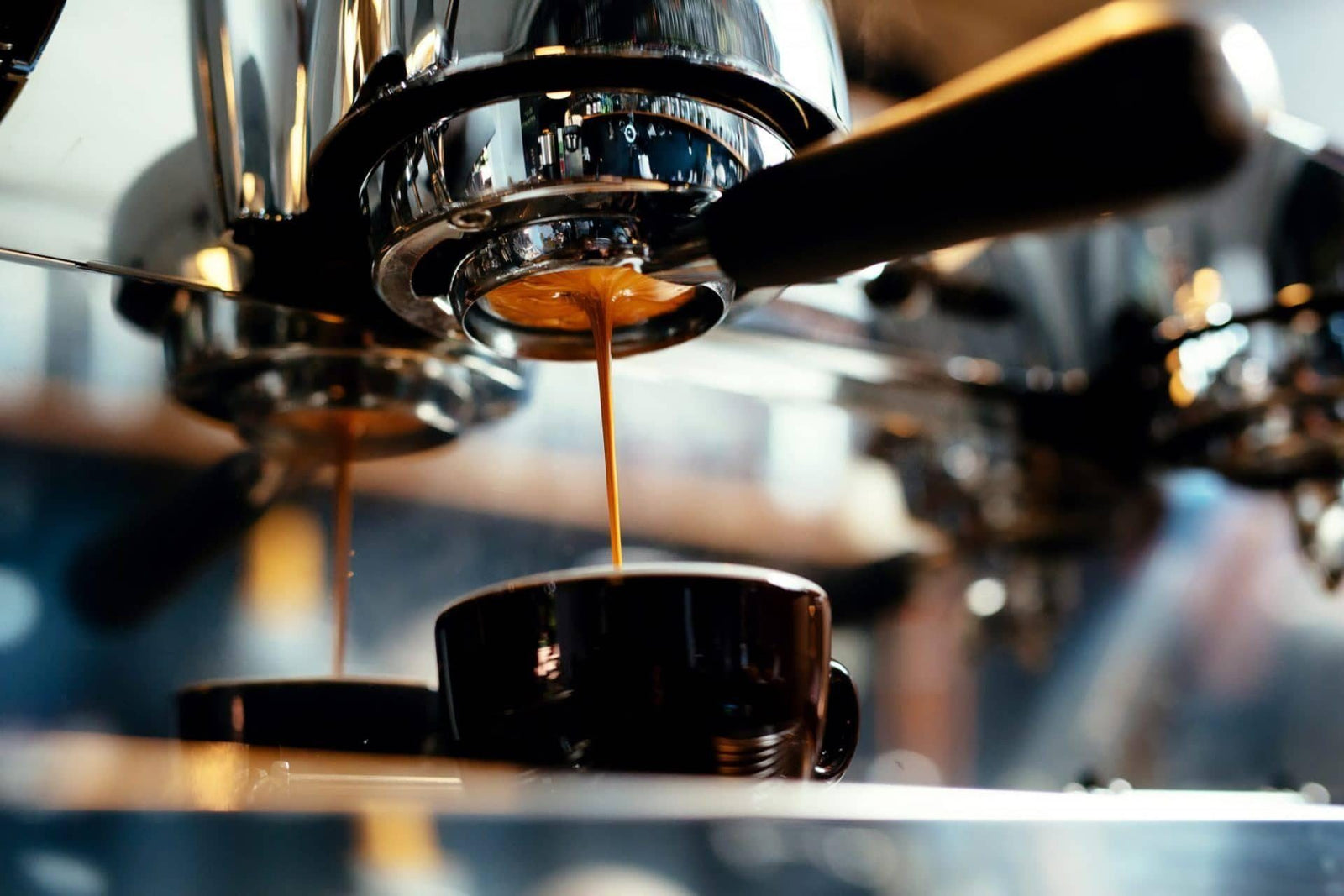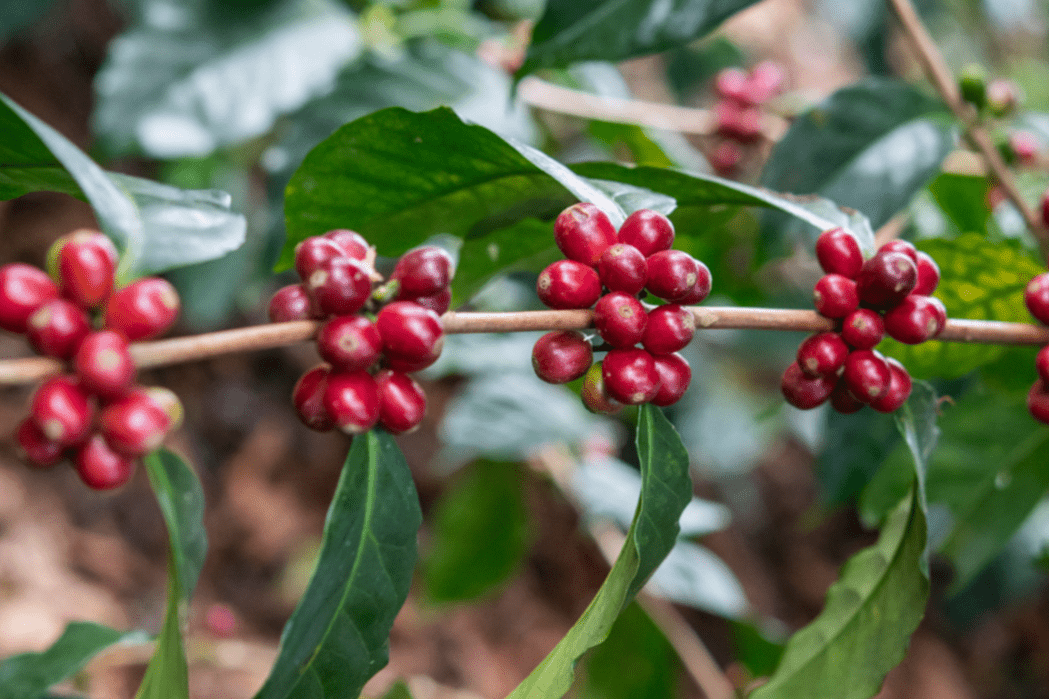For most people, coffee is a daily must. Indeed, well known for its stimulating effects on the brain, coffee likes to accompany us in the morning to give us a little boost with a breakfast. But is its effectiveness the same throughout the day? To know the action of coffee on the human body, we must first understand how it works.
Effect of coffee on hormones
The human body has a complex and highly autonomous nervous system. The study of biological rhythms is called chronopharmacology. It takes into account the functioning of the cicadian clock, the 24-hour "internal clock" that affects various behaviors of the body, such as its temperature, heart rate or hormone production, and can affect the tolerance and effectiveness of certain drugs.
A good knowledge and control of our natural clock is essential because it allows us to better understand the functioning of our body and thus adapt our desires to our needs.
Every morning, the body wakes up thanks to a hormone called cortisol, also called the "stress hormone". The level of cortisol in the nervous system varies according to the time of day and night: for a person with a conventional lifestyle, it is highest in the morning, between 7 and 9 am. This is when it is highest and most stable, and decreases throughout the day to reach its lowest level in the evening. This released energy contributes to wakefulness, vigilance and thus to the regulation of our internal clock.
The caffeine contained in coffee acts particularly on cortisol by stimulating its production and increasing its effects. Drinking coffee during the hours of peak cortisol levels is ineffective because the effects produced are the same, at a time when the individual's alertness is already at its peak. There is even a risk of the opposite effect than the one expected: drinking a cup of coffee in the morning could reduce, in the longer term, the effects of all the cups of coffee drunk, i.e. fall victim to coffee resistance. In the same way, drinking more than 4-5 cups of coffee a day is no longer effective, because the body has already absorbed the amount of caffeine it needs to stay awake.
There are also other times of the day when cortisol levels in the blood peak again, often between 12:00 and 1:30 p.m. and again between 5:00 and 6:30 p.m. This rhythm can vary slightly from person to person, so it is best to drink your coffee outside of these times if you want to ensure that it is really effective.
Effect of coffee on sleep
If coffee is the second most consumed drink in the world, after water, it is obviously for its stimulating action which wakes up and allows an efficient functioning of the brain. However, beyond its ineffectiveness during cortisol peaks, it is strongly advised against consuming caffeine 6 hours before going to sleep, i.e. in the late afternoon. In fact, the presence of caffeine has a strong effect on the time it takes to fall asleep, but also on the phases of sleep: it disrupts the action of the brain and makes it difficult to reach the deep sleep stage. Thus, sleeping after drinking coffee would be less restful and would cause feelings of fatigue throughout the day.
Drinking coffee in the evening is therefore strongly discouraged for people with sleep disorders.
When is the best time to drink coffee?
We have seen that the human body produces its own sleep and energy cycles. Thus, the effectiveness of coffee is at its peak if it is consumed after 9 am or before 6 pm, during the periods of lowering of the cortisol level. As its effectiveness is long-lasting, it should be avoided after 6pm in order to avoid any sleep disorders and to benefit from a complete and restful sleep.
Thanks to this article, you will now know at what time to take your coffee in order to take advantage of all its effectiveness! For more information on the effect of coffee on health, you can also consult our article dedicated to this subject.

